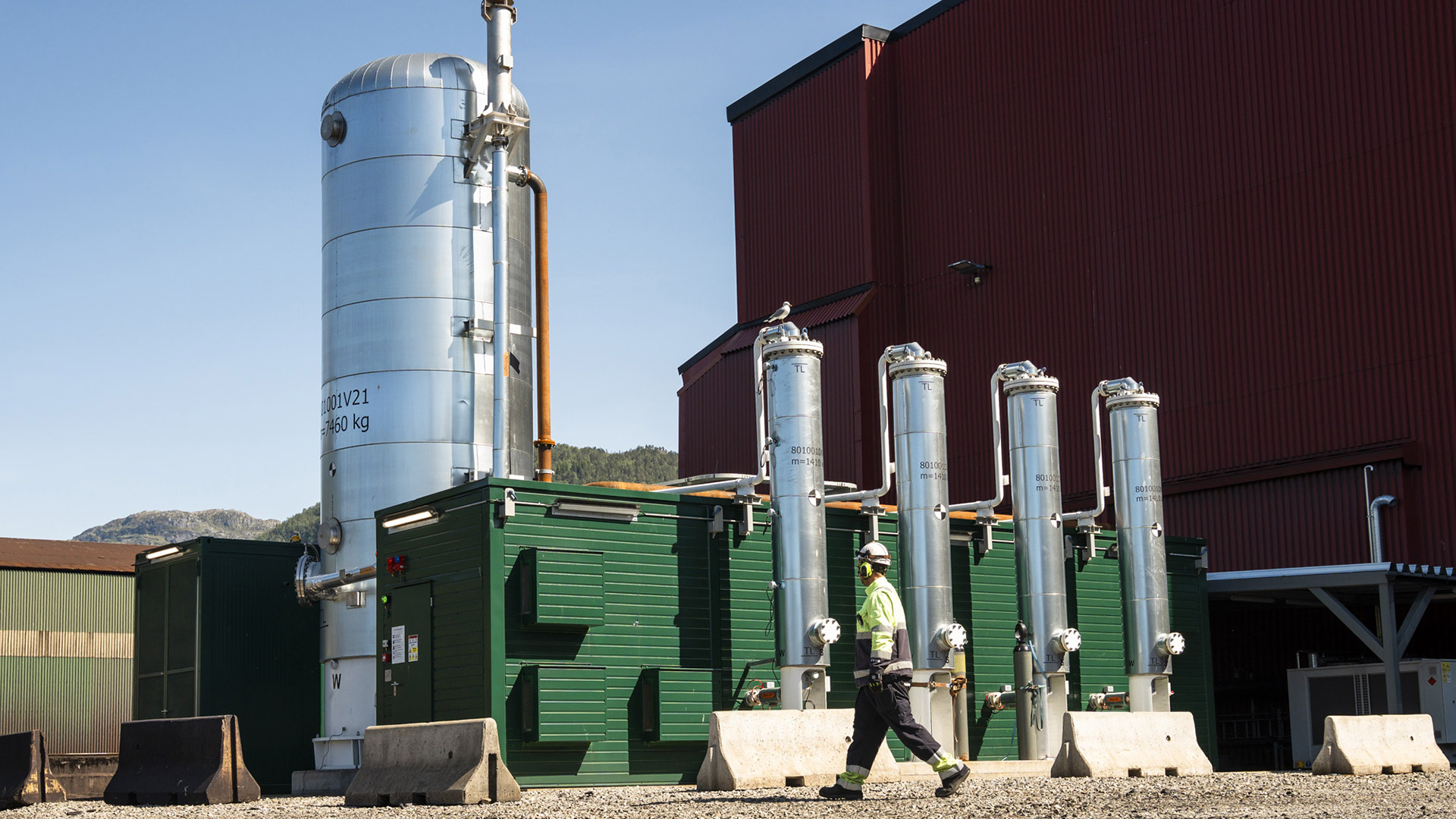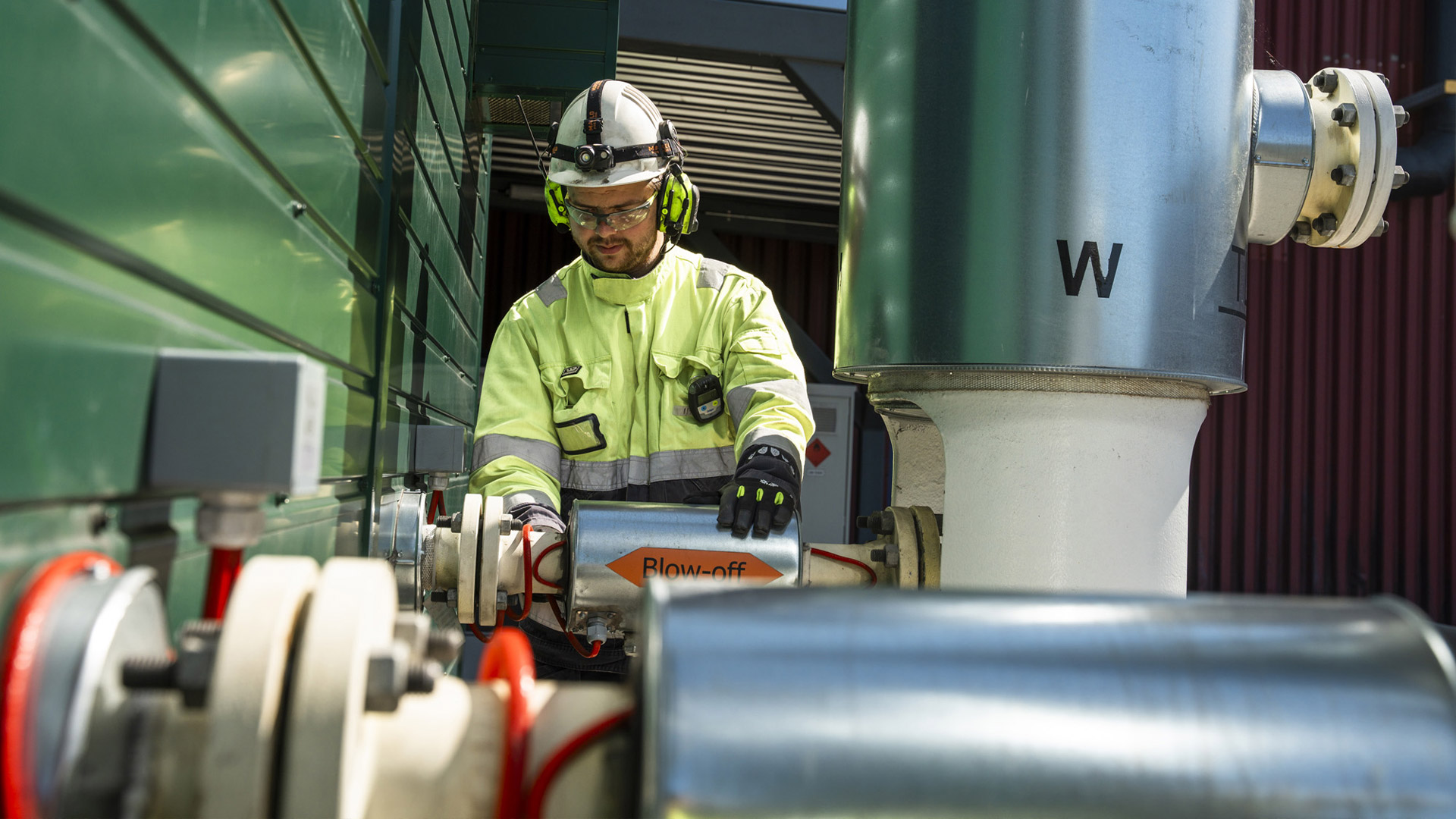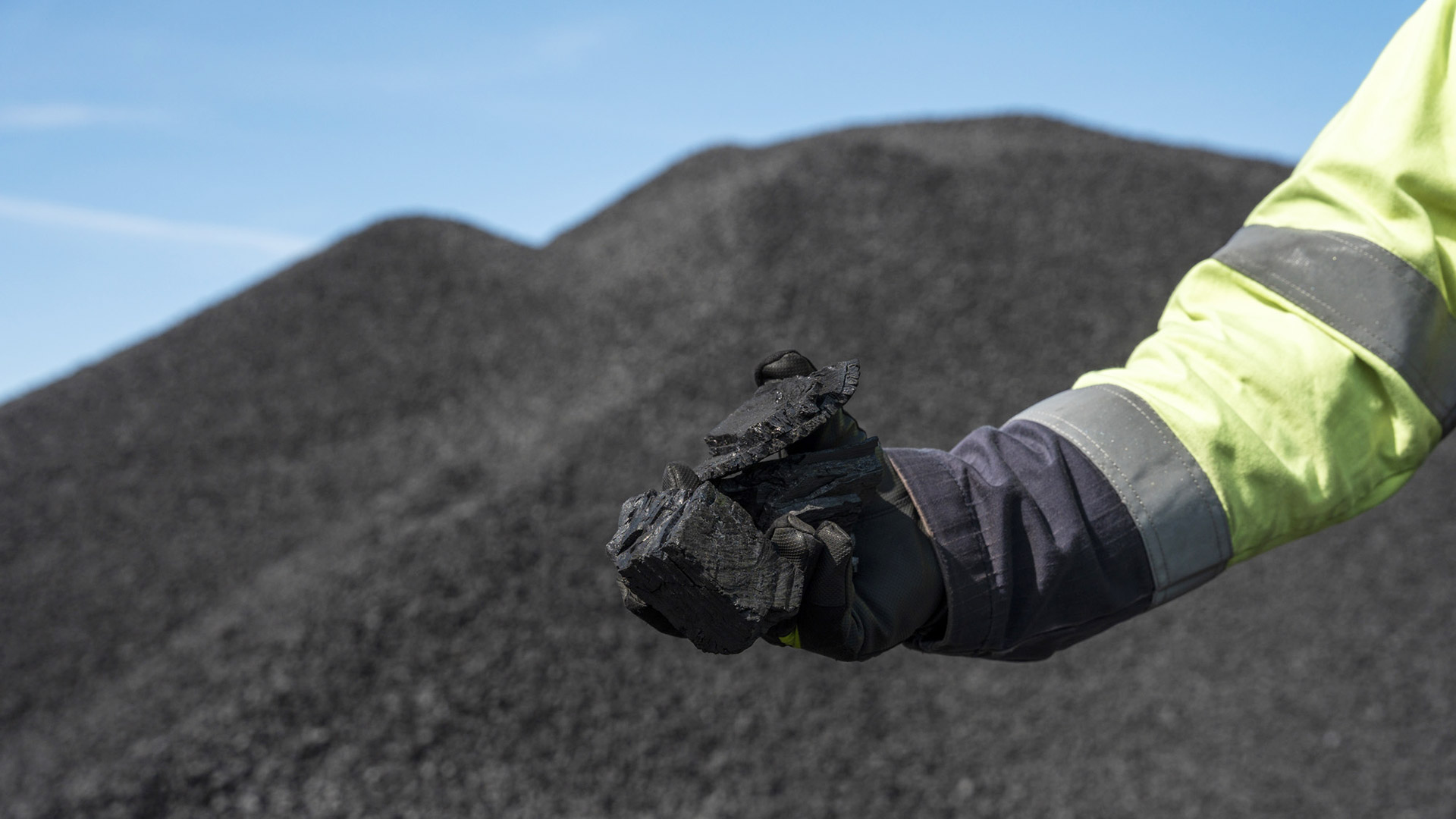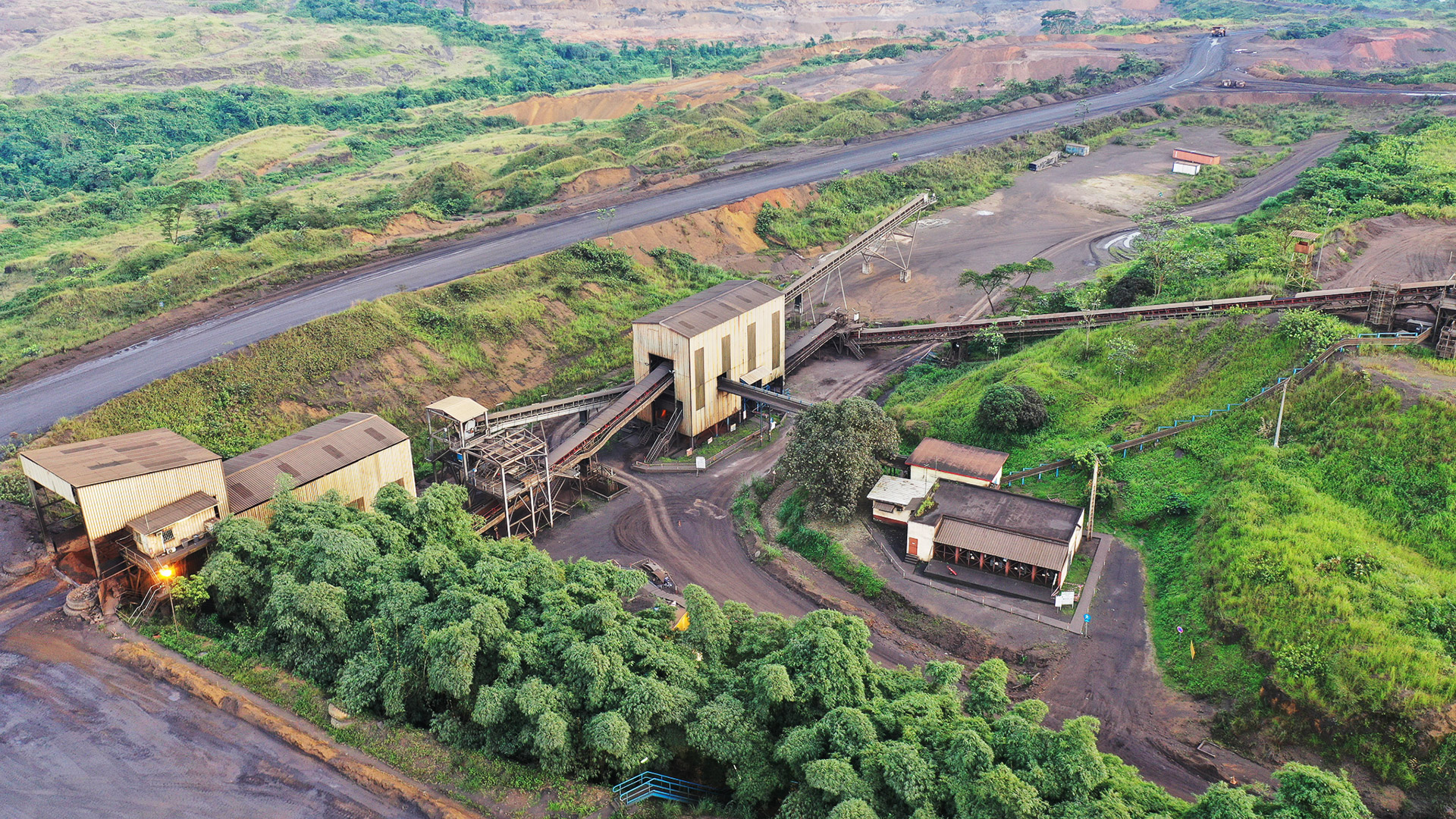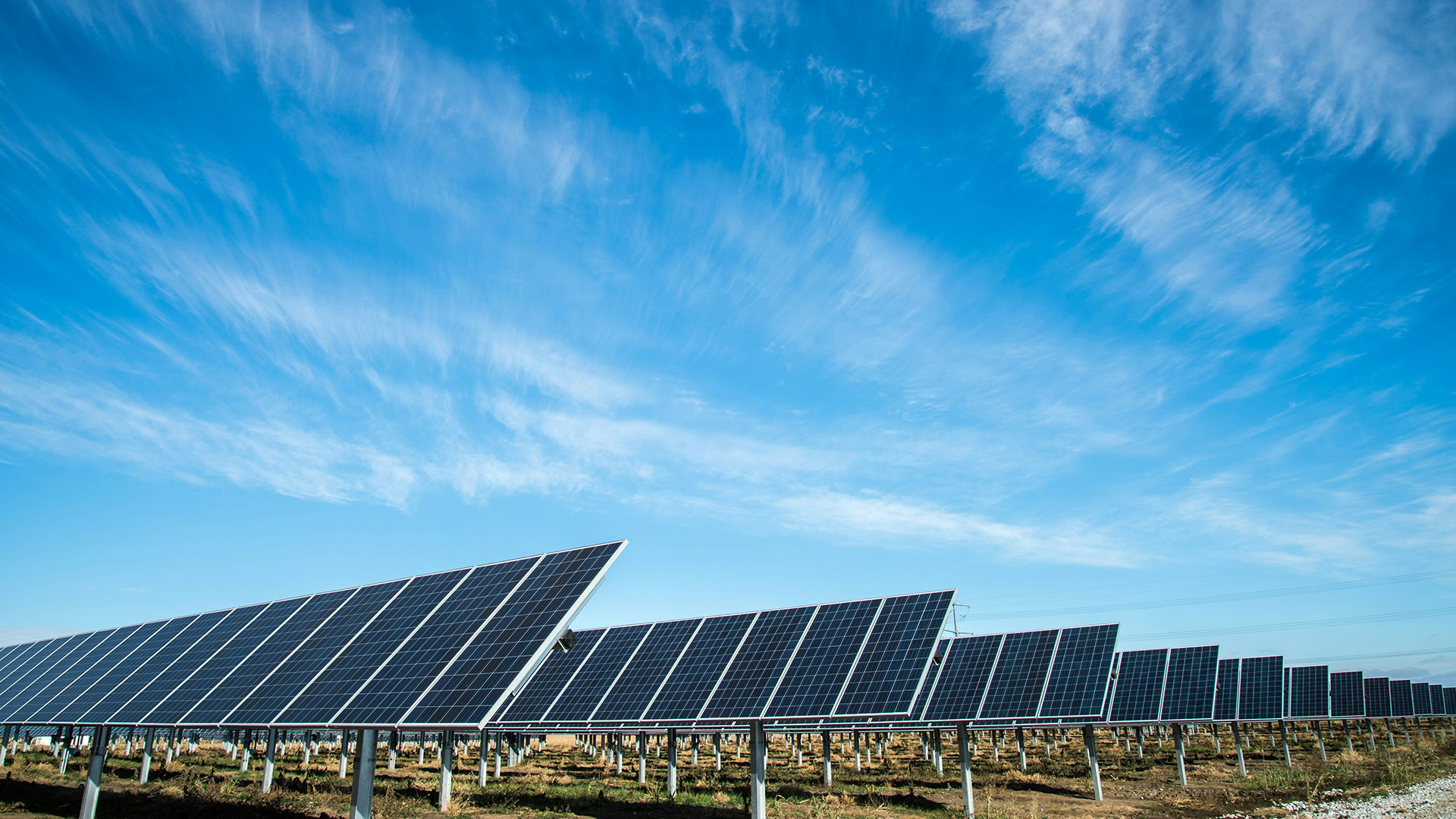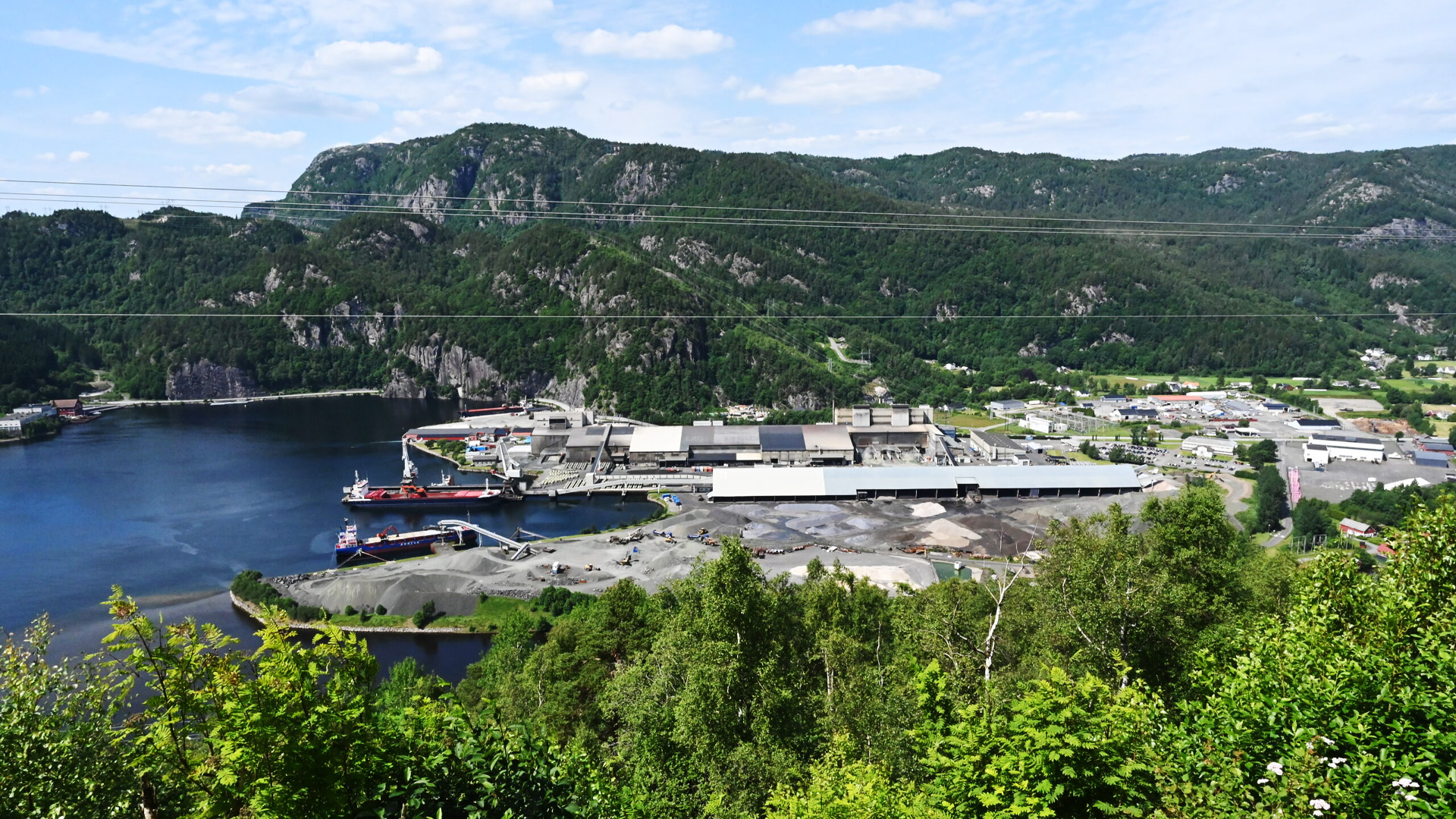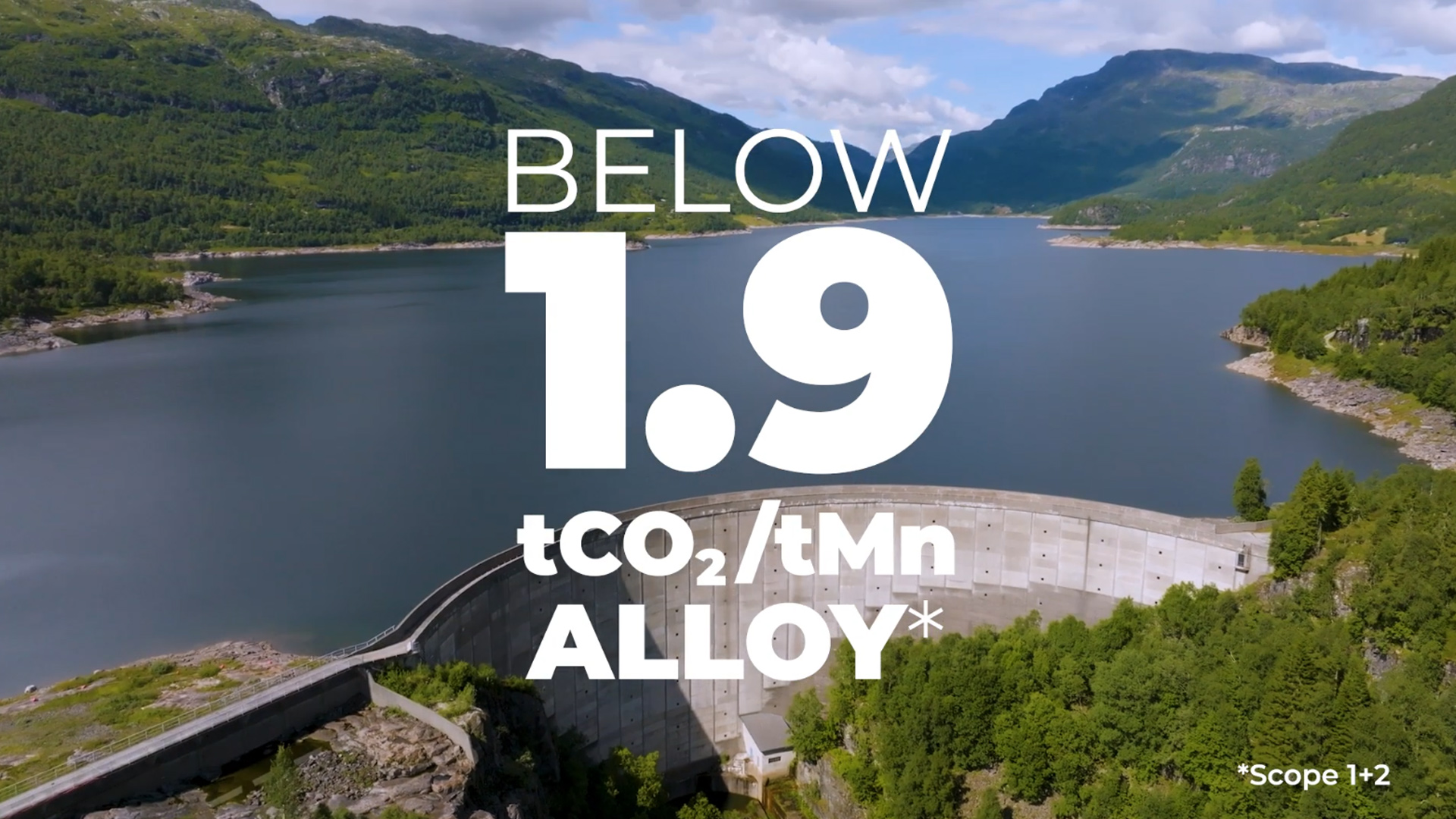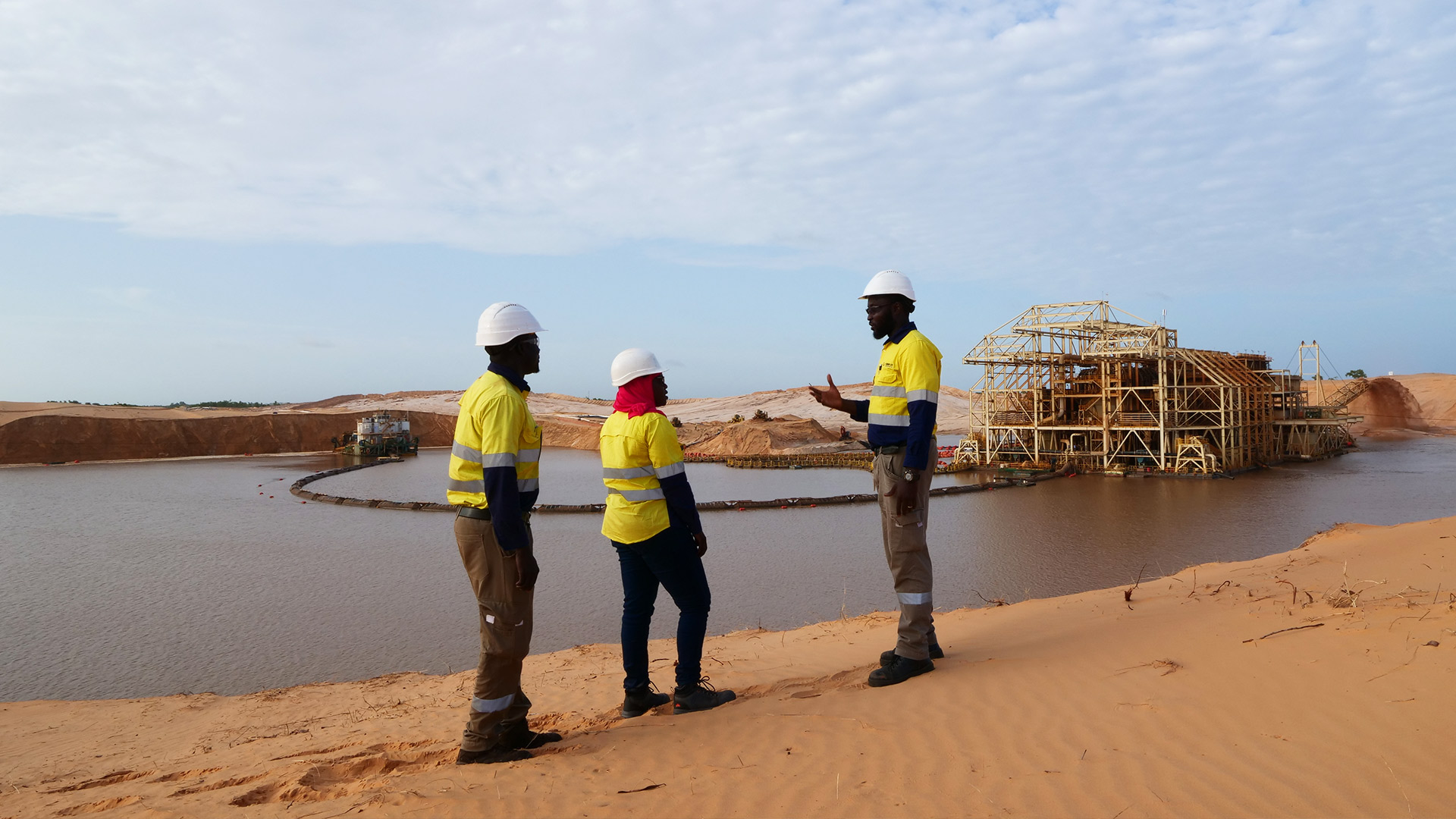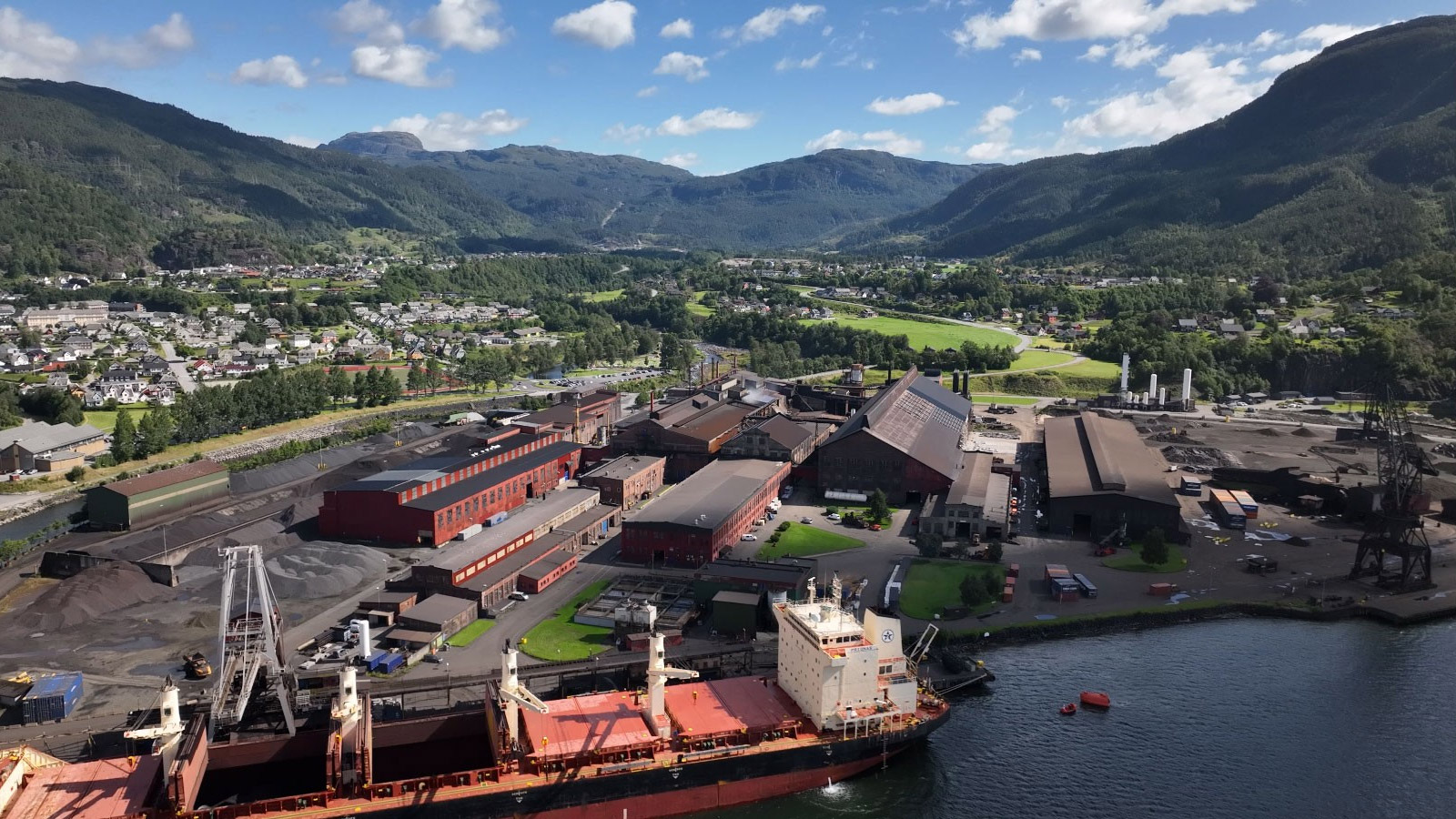Decarbonization is at the core of the 3rd pillar of our “Act for Positive Mining” CSR roadmap: “Transforming our value chain.” In particular, Eramet is committed to reducing its Scope 1 and 2 CO2 emissions by 40% in 2035 compared with 2019, a target validated by the SBTi (Science-Based Target initiative) in 2021.
A strategy in step with the transition underway in the industry as a whole
Reducing our impact on the climate involves not only decarbonizing our activities, but also developing new technologies in partnership with industry peers, academics and suppliers, as supporting our customers’ carbon reduction efforts.
Our response to climate change is thus based on the following principles:
- Reducing the Group’s Scope 1 and 2 CO2 emissions;
- Supporting customers and suppliers in their efforts to reduce greenhouse gas emissions;
- Developing our activities in the metals needed for the energy transition.
4 drivers of decarbonization at Eramet
Each of our sites has a program tailored to its specific circumstances that is aligned with the Group’s objectives. The main initiatives aimed at decarbonizing our activities focus on the following:
- the energy efficiency and efficacy of our production facilities (energy efficiency, electrification, recycling, etc.);
- the decarbonization of pyrometallurgical processes in furnaces by replacing fossil carbon-based reducing agents with bio-reducers;
- the decarbonization of electricity consumption, either partially by replacing fuel oil with natural gas or entirely by using renewable energies;
- CO2 capture, utilization and sequestration.

